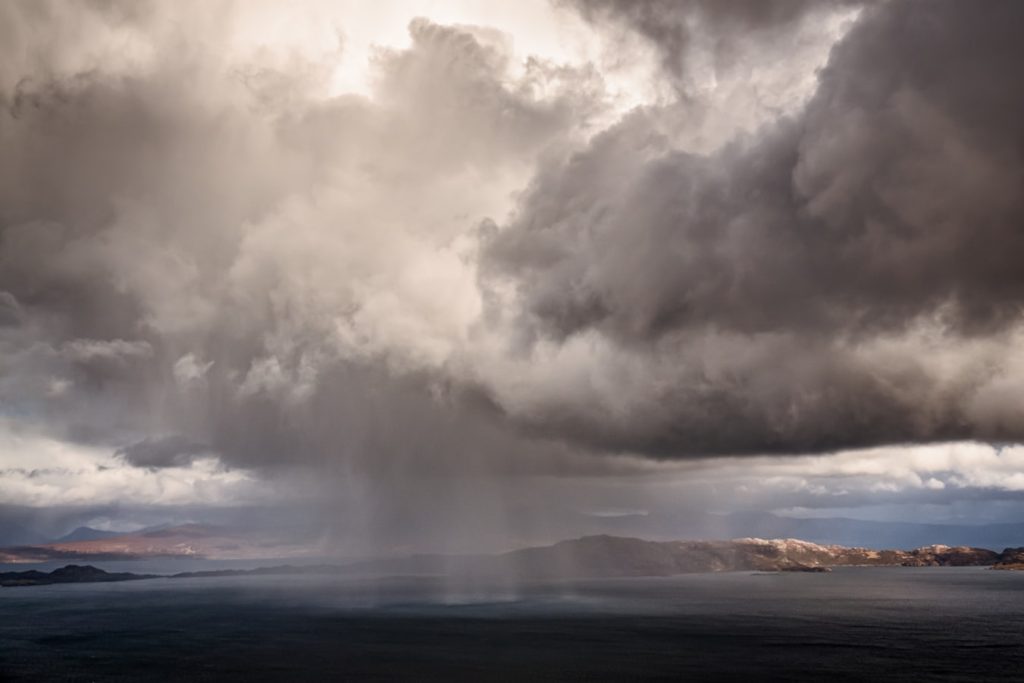
Thinking about this COVID-19 pandemic, I couldn’t help but think about prophet Elijah’s time during the drought. I wouldn’t want to narrate the whole story but I want to highlight some key lessons in the events recorded in 1 Kings 18:1-46 (you might want to go through that, even if only for a refresher). And since seven is the spiritual number for perfection, I have decided to have them in seven points. It is my prayer that after going through this post, you will understand the role you too can play for God to rain down His presence, power and glory on the earth. Hallelujah! Let it rain.
Contents
Elijah
The first lesson is from Elijah in the first verse (1 Kings 18:1). He never stopped having his regular communion with God even though the drought hardly affected him since he had a supernatural supply of food and water at the house of the widow of Zarephath (see 1 Kings 17:7-16.) He remained in a position to hear from God even when everything seemed to be going well for him.
Are you now lukewarm because nobody close to you is sick or things seem to be working out for you? Think about this a second: if you or any of your siblings or parents became infected with this virus, how much will your prayer life and communion with God change? If it will change so much then it means that you’re lukewarm and you need to warm up and stay heated. A lot of us only seek God when things don’t seem to be going our way. A lot of us in the western world where there are various stimulus packages seem to take a lot of it for granted so much that we do not spend a lot of time seeking God. It’s really hard to seek God out when you have everything you would have otherwise begged Him for. But it is time we sought God even in the midst of plenty, so we can have a continuous shower of His presence. Let it rain, Lord. Let it rain.
Obadiah
The second person that has a lot to teach us is faithful Obadiah. He never lost his faith amid the dearth. When some of the others were turning to Baal and Asherah, he kept his faith, even when he had to serve the prophets of these idols (recall that he was the palace administrator – v. 3.)
How much has your environment affected your faith during this pandemic? I remember in those days, I was more spiritual at the university than at home. I’d be strong in my daily devotion and prayer but once I came home for a weekend’s visit, I turned cold, simply because my home was my comfort zone. I somehow always let myself relax. Are you like I was? Well, Obadiah was not like either of us. Even though he was the palace administrator (a caretaker of the king’s palace), he never let the good food and wine and lots of servants weaken his faith. He continued to be on fire for the LORD. Remember your first love, run back to Him and let His Spirit rain down on you. Let it rain.
The People
Third lesson: The people prostrated before God and worshipped Him. The people did not try to explain away the miracle. I have lived in the western world for some years now and I know how hard it is for them to accept a miracle; to believe it is from God. A lot of western Christians always want to find a rationale behind every act of miracle. They believe that there is a logical explanation to everything that happens. In contrast, the people in our passage today did not need further proof.
I know you’re probably thinking, “If fire falls down from heaven, even the devil would know it is an act of God.” But I want to play the devil’s advocate for a minute here. Indulge me, please. Elijah brought together 12 stones (representing the 12 tribes of Israel). However, in that period of time, most likely, certain stones (ones that would not easily weather) were some of the instruments used to make fire. And (again, most likely) Elijah used those types of stones so that they could last long on that mountain and serve as a constant reminder of God’s covenant with the twelve tribes of Israel; much like the twelve memorial stones from the Jordan River in Joshua 4. If only two of those stones were needed to make a fire, imagine how much fire twelve of them would have made. Now, you might argue, “But how do you explain how the water in the trenches was licked up by the fire?” But there’s an even simpler explanation for that one. Think about it. The country had had no rainfall for the previous three years; not a single drop of rain. Of course, the ground would have been so dry that any water poured on it would just soak into it and dry up. That’s probably why Elijah asked them to repeat the watering process twice. Three times they poured four large jars of water into the trenches. If the trenches had overflowed the first two times, he probably wouldn’t have asked them to do it a third time. So, before he finished praying, the overflowing water from the altar might have dried up again leaving a perfect environment for fire from the stones to flourish. Finally, you might say, “What about the bull that the fire consumed?” And I’d reply, “What about it?” When fire comes, it burns. Fire can burn even wet grass. Fire just burns whatever is in its way until it encounters something that snuffs the oxygen out of it. Now, if you look at verse 38, you’ll notice that the Bible does not tell us how long it took for the fire to “come,” or how long it took for Elijah to say that seemingly short prayer. The bull (which was cut into pieces, by the way – v. 33) was probably simmering while he prayed until the fire grew into flames. Also, remember that he had wood there as well (v. 33) to facilitate the burning process.
What am I trying to achieve here? I am trying to show you how a skeptic can question anything, including truths that are so glaring. A skeptic could just conclude that “Elijah was simply smarter than the prophets of Baal and was really good at what he did. After all, even today, some really skillful magicians can trick our eyes into believing that they can call down fire. It’s all about make-beliefs; come to think that Elijah had 3 years to plan it perfectly. But Jezebel was smarter than her husband and wouldn’t buy the prank – 1 Kings 19:1-2.” I’m sure there were probably really smart people among the children of Israel who witnessed that miracle on that day but still chose to believe it. It’s all about choices – the single most beautiful (apart from His Son) and yet the most dangerous gift that God has given us. The people chose to believe. Do you? Is there something in your life that God has done (maybe not as spectacular as literally bringing fire down from heaven) that you still struggle with attributing to Him? You may have made a wrong choice (like the children of Israel did when they wavered between God and Baal). But you can choose again; this time, to prostrate before God and worship Him for the miracle of life amidst deaths, of peace amidst crises, of hope amidst hopeless situations. You do not have these things by sheer willpower but they are His gracious gifts to you. The people chose to let the awareness of God’s mighty presence rain down on them and wash over them. Will you let it rain? Let it rain.
Ahab
Number four: Did you notice that the Bible did not mention that Ahab joined the people to prostrate and worship the LORD? Rather, when Elijah told him to “go, eat and drink, for there’s the sound of heavy rain.” Ahab immediately ran off to go to eat and drink. What an idiot! However, Elijah climbed to the top of Mount Carmel to go and continue in the presence of God. I strongly believe that if it were king David, he’d have fallen face down in reverence to God with all the people and also gone up to the mountain with Elijah to further worship. But Ahab had a sense of entitlement which is a vice (bad character).
Many of us have a sense of entitlement too. We might not realize that, but we sometimes let others do our ‘dirty laundry’ for us; or, at least, we wish they would. We sometimes depend on the prayers of others, the worship of others, the seeds of others. I know I used to depend on my mum’s prayers. I knew that God would often reveal things to her before they happened, so I’d just not bother too much with some things. Do you want to be a man after God’s heart like David was? (I honestly hope your answer to that question is an emphatic, “YES!”) If you want to be a man or woman after God’s heart, then go after God’s heart. It’s as simple as that. When others are going down to their comfort zones to go ‘eat and drink,’ climb up the mountain to His presence zone to go tarry and pray. Now, I don’t mean this literally, of course, but I honestly hope you can listen to what the Spirit is saying to you. Sometimes, He might require you to tarry a bit longer or shorter (like Elijah). I believe Elijah did not tarry a lot longer because Ahab had not even climbed into his chariot when God answered Elijah’s prayer for rain (see 1 Kings 18:41-44). But, even if it took longer for God to respond, Elijah was willing to tarry there because he was a man after God’s heart. He tarried until the rain fell. Will you tarry until it falls? That is one way to move God to turn the shower faucet and let it rain.
The False Prophets
For the fifth lesson, did you notice that the prophets of Baal were taken down to a valley to be slaughtered (see v. 40)? When I read that, I wondered why they weren’t just killed on Mount Carmel. I know your first thought (as mine was) is that the mountain was a holy mountain of the Lord and so could not be desecrated. I agree that that was probably the main reason. But I also want to draw your attention to its significance – if you go down to the ‘valley,’ you might end up dead. The valley is often symbolic for, at best, suffering, and at worst, death. Remember Ezekiel’s valley of dry bones in Ezekiel 37? Please, whatever you do, don’t go into the valley – the valley of doubt, the valley of depression, the valley of death. There, darkness abounds and even if you prayed, “Let it rain,” while in the valley, the rain might come, at best, mixed with dirt and impurities washed off from the mountains, and at worst, eroding the mountain and bringing it down on you. Even Elijah knew better than to pray for rain while in the valley of death.
Stuck in the Valley?
The sixth lesson: “Yea, though I walk through the valley of the shadow of death, I will fear no evil; for, You are with me. Your rod and your staff, they comfort me.” – Psalm 23:4. I know what you’re probably thinking: “Why is he messing with me?” 😄 Sorry, but just follow me as I follow God’s lead. He’s taking us somewhere.
Yes, yes, I know the highlight of my fifth point was, “Please, whatever you do, don’t go into the valley…” However, sometimes, life just happens to take us into the valley. Of course, whatever you do, don’t willingly just waltz into the valley. That’s bad news. Nevertheless, if you do find yourself in the valley – of oppression, depression, physical or spiritual starvation, sin, or any other trouble that may seem to be sweeping you away – remember that God is with you. Reach out and grab his staff. Find a community of believers who are actually after God’s heart and stick with them through it.
Now, connecting this point with our Elijah-with-the-fire-and-the-rain story, we see that, even though the valley meant death for the 450 prophets of Baal, it meant deliverance for the children of Israel who witnessed it. In fact, they were not just mere spectators, they took their swords and wiped out the false prophets. Now, what does that mean for you as a Christian? When you find yourself in the valley, remember that you have not lost your sword; USE IT! Ephesians 6:17 tells us that our sword is the word of God; so, speak directly to the contents of that valley and tell it to leave. Use the word of God to create what you want to see. God is the greatest Creator. The Bible describes His creating ability as one “who gives life to the dead and calls into existence the things that do not exist – Romans 4:17, ESV.” The NLT Bible says He “creates new things out of nothing.” Since the word of God is God (John 1:1), and we have this word in our hearts, we can bring things into existence that do not exist, and by His word, we can deliver our souls (Luke 21:19). By His word, we can bring down the rain. Let it rain!
The God of Rain
Finally, the seventh lesson I want to point out from this passage is in the miracle in the latter part of the chapter. Recall that the chapter started out with God speaking to Elijah and telling him to go and meet with King Ahab and that God would send rain on the land. Essentially, God was telling him, “Prepare yourself, it is about to rain.” But it is puzzling to me why Elijah would, after the miracle of fire from heaven, still go up the mountain to pray for rain. I mean, God was the one who came to you earlier in the day (or the previous day) to tell you about His own plan to send rain. Why then should you bother praying about it again? “God said it, I believe it, and that settles it.” Isn’t that a popular rhetoric among the Christian faithful? But not quite so in the case of Elijah. God said it quite alright, Elijah believed it, but that did not immediately settle it. There was still one other thing Elijah had to do – Elijah had to pray down the rain.
Let’s take a brief journey back to the beginning of that drought. How did it start? “Now Elijah, who was from Tishbe in Gilead, told King Ahab, ‘As surely as the LORD, the God of Israel, lives—the God I serve—there will be no dew or rain during the next few years until I give the word!'” Wow! It seems like Elijah just spoke it and it became, right? Now let’s take a look at how James puts this: “Elijah was a man just like us. He prayed earnestly that it would not rain, and it did not rain on the land for three and a half years. Again he prayed, and the heavens gave rain, and the earth yielded its crops.” Wow! So he didn’t just make the proclamation and go to bed. No, he went on his knees and prayed earnestly. Mark that word because we see it again in James 5:16b, NLT – “The earnest prayer of a righteous person has great power and produces wonderful results.”
Now, I know that in the previous point I had mentioned that you could speak things into existence – that was the meat, this is now the bone. Reality has it that it is often not enough to just speak God’s word into existence, even if God came down Himself to make the promise to you. More often than not, you have to pray, earnestly (fervently), for God’s promises to manifest. Even Jesus, at some points in His life, prayed that way: “During the days of Jesus’ earthly life, He offered up prayers and petitions with loud cries and tears to the One who could save Him from death, and He was heard because of His reverence. Although He was a Son, He learned obedience…” – Hebrews 5:7-8a. If I interpret that text properly, then even Jesus had to pray in order for God to resurrect Him from the dead, even though that was God’s promise hundreds (and probably, thousands) of years before in the Old Testament. I’m not sure about you, but it encourages me greatly to know that even Jesus needed to pray a promise of God into existence.
I want to invite you to climb up this mountain with me, to go on your knees with me and to pray fervently with me for God’s salvation and deliverance to rain upon the nations of this world. Open your floodgates, Lord, and let down your heavy downpour. LET IT RAIN!!!
Peace like a river.
Do you hear God speaking to you today through this lesson? Please, leave a comment or question; your comment/question might be a blessing to someone. You could also contact us through our contact page.
For the miracle lessons of Jesus, go to the miracle lessons page.
I was around 5 when, I am strongly convinced, I first heard the distinct voice of God. But, not until I was 11 (2002) did I have a personal encounter with Him. I was in my room that night, about to pray before bed, when I saw a revelation of how filthy my heart was. I didn't argue with God that I was too young to have such amount of filth ('cause I believed I was a 'good boy,' by human standards, at least). I simply cried uncontrollably in brokenness of heart - "The sacrifice you desire is a broken spirit. You will not reject a broken and repentant heart, O God" (Psalm 51:17) - and He didn't.
Still crying uncontrollably, I left my room and went to the living room, where my parents were watching the nightly news on TV. After I managed to tell them about the revelation I saw, my sweet mum took me to her room and led me to Christ. I got saved that night. And 6 years later, I discovered my purpose and assignment on earth, which is raising up men and women to be godly, and teaching them the simplicity of Christianity. More than a decade later, I am still fulfilling that purpose to His glory. Hallelujah!
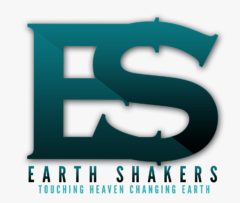


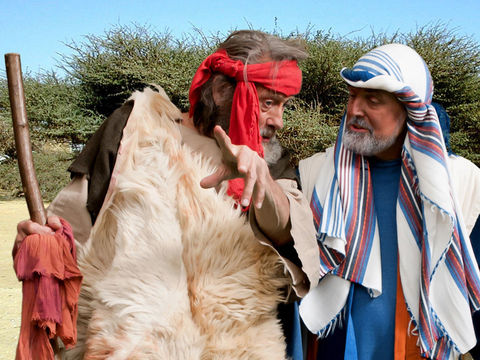
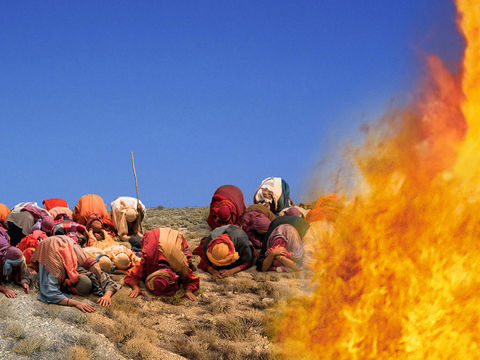
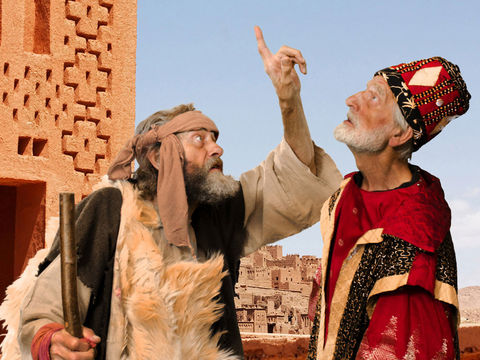
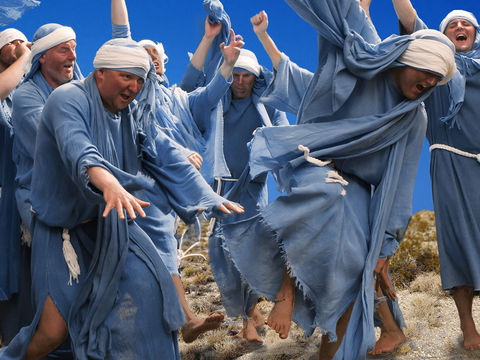
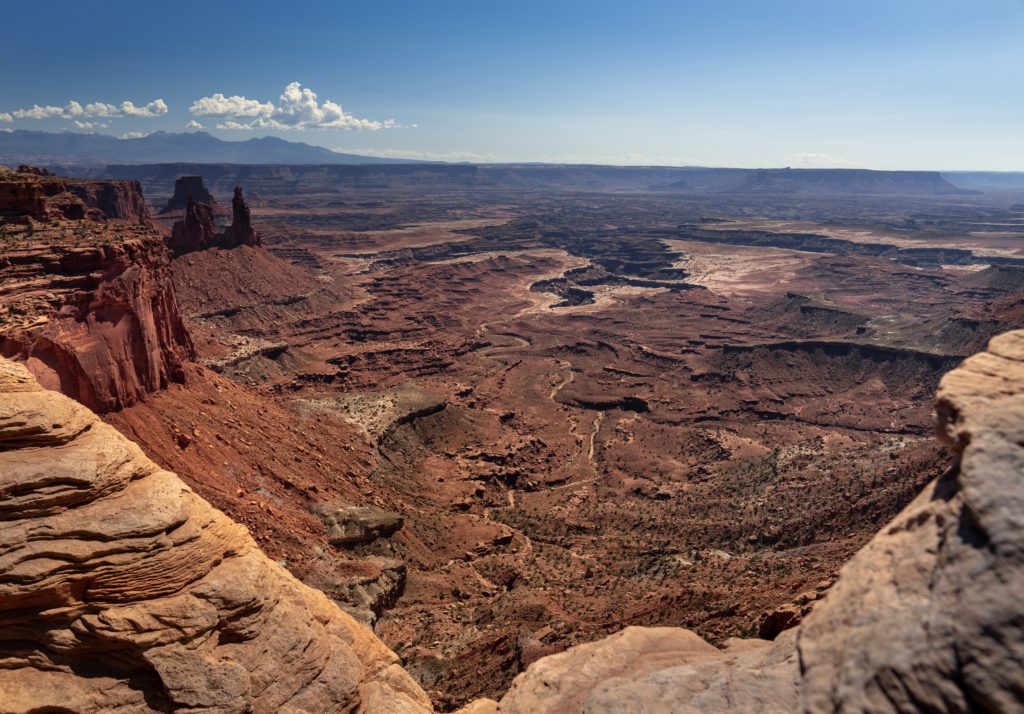
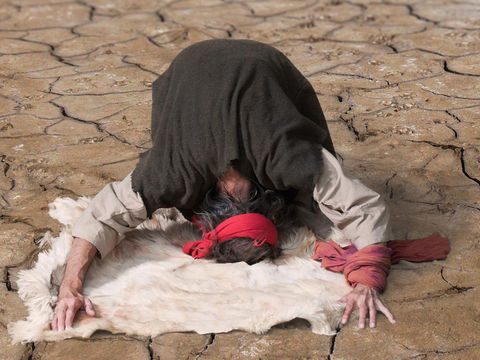

Im soaked in this rain already😭
Father have your way
Amen. 🙏🏽
This is not only good but timely. I am blessed greatly brother. May it rain greatly upon us in Jesus name
Amen. 🙏🏽
Let it rain Lord! Open the flood gates of heaven and Let it rain!
Thank you Jesus.
God bless you Somto for this epic and life giving homily. It was inspiring, motivating and activating.
Thank you
I’m glad you were blessed. Praise God! 🙌🏽
My brother thank you for the revelation and insight in God’s word,may God bless and increase your richly always,you will surely fullfill destiny and grace to stand till the end in Jesus Name. God bless .
Gozie Igweokpala
Amen. Thank you. 🙏🏽